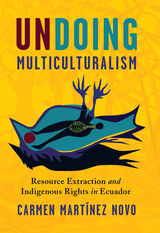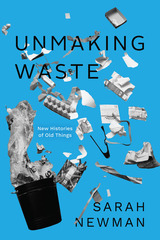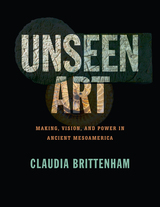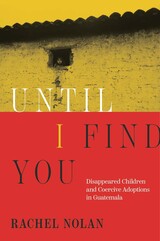5 start with U start with U


Schoonover’s archival research in Central America, Europe, and the United States encompasses public, business, organizational, and individual records. In analyzing this material, Schoonover applies a world systems theory approach with that of social imperialism and dependency theory to underscore the broad, multistate dimension of international affairs. In exploring the international history of Central America, Schoonover describes the role of personalities such as John C. Frémont, Otto von Bismarck, Theodore Roosevelt, Manuel Estrada Cabrera, and José Santos Zelaya; the impact of railroad building and canal projects; and the role of pan-Americanism, nationalism, racism, and anti-Americanism.

Garbage is often assumed to be an inevitable part and problem of human existence. But when did people actually come to think of things as “trash”—as becoming worthless over time or through use, as having an end?
Unmaking Waste tackles these questions through a long-term, cross-cultural approach. Drawing on archaeological finds, historical documents, and ethnographic observations to examine Europe, the United States, and Central America from prehistory to the present, Sarah Newman traces how different ideas about waste took shape in different times and places. Newman examines what people consider to be “waste” and how they interact with it, as well as what happens when different perceptions of trash come into conflict. Conceptions of waste have shaped forms of reuse and renewal in ancient Mesoamerica, early modern ideas of civility and forced religious conversion in New Spain, and even the modern discipline of archaeology. Newman argues that centuries of assumptions imposed on other places, times, and peoples need to be rethought. This book is not only a broad reconsideration of waste; it is also a call for new forms of archaeology that do not take garbage for granted. Unmaking Waste reveals that waste is not—and never has been—an obvious or universal concept.

In Unseen Art, Claudia Brittenham unravels one of the most puzzling phenomena in Mesoamerican art history: why many of the objects that we view in museums today were once so difficult to see. She examines the importance that ancient Mesoamerican people assigned to the process of making and enlivening the things we now call art, as well as Mesoamerican understandings of sight as an especially godlike and elite power, in order to trace a gradual evolution in the uses of secrecy and concealment, from a communal practice that fostered social memory to a tool of imperial power.
Addressing some of the most charismatic of all Mesoamerican sculptures, such as Olmec buried offerings, Maya lintels, and carvings on the undersides of Aztec sculptures, Brittenham shows that the creation of unseen art has important implications both for understanding status in ancient Mesoamerica and for analyzing art in the present. Spanning nearly three thousand years of the Indigenous art of Mexico, Guatemala, Honduras, and Belize, Unseen Art connects the dots between vision, power, and inequality, providing a critical perspective on our own way of looking.

The poignant saga of Guatemala’s adoption industry: an international marketplace for children, built on a foundation of inequality, war, and Indigenous dispossession.
In 2009 Dolores Preat went to a small Maya town in Guatemala to find her birth mother. At the address retrieved from her adoption file, she was told that her supposed mother, one Rosario Colop Chim, never gave up a child for adoption—but in 1984 a girl across the street was abducted. At that house, Preat met a woman who strongly resembled her. Colop Chim, it turned out, was not Preat’s mother at all, but a jaladora—a baby broker.
Some 40,000 children, many Indigenous, were kidnapped or otherwise coercively parted from families scarred by Guatemala’s civil war or made desperate by unrelenting poverty. Amid the US-backed army’s genocide against Indigenous Maya, children were wrested from their villages and put up for adoption illegally, mostly in the United States. During the war’s second decade, adoption was privatized, overseen by lawyers who made good money matching children to overseas families. Private adoptions skyrocketed to the point where tiny Guatemala overtook giants like China and Russia as a “sender” state. Drawing on government archives, oral histories, and a rare cache of adoption files opened briefly for war crimes investigations, Rachel Nolan explores the human toll of an international industry that thrives on exploitation.
Would-be parents in rich countries have fostered a commercial market for children from poor countries, with Guatemala becoming the most extreme case. Until I Find You reckons with the hard truths of a practice that builds loving families in the Global North out of economic exploitation, endemic violence, and dislocation in the Global South.
READERS
Browse our collection.
PUBLISHERS
See BiblioVault's publisher services.
STUDENT SERVICES
Files for college accessibility offices.
UChicago Accessibility Resources
home | accessibility | search | about | contact us
BiblioVault ® 2001 - 2024
The University of Chicago Press









